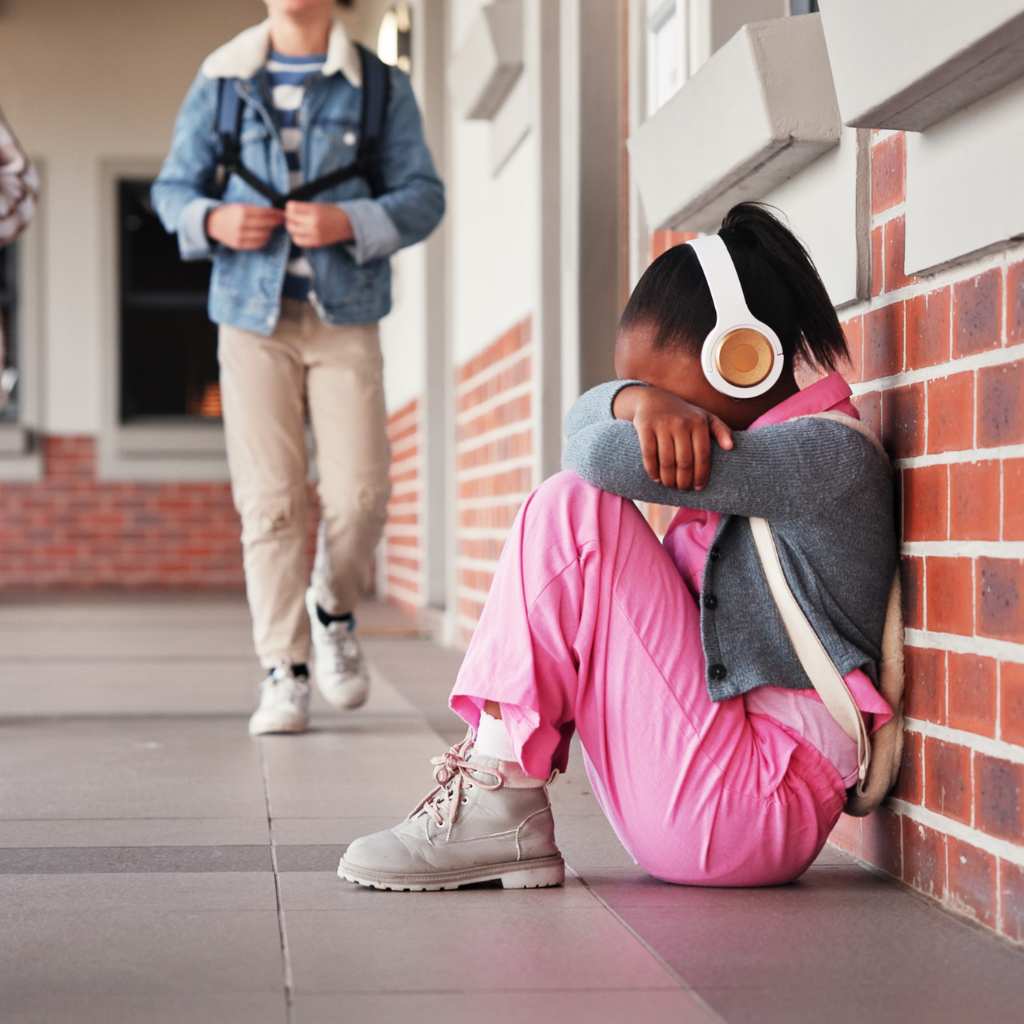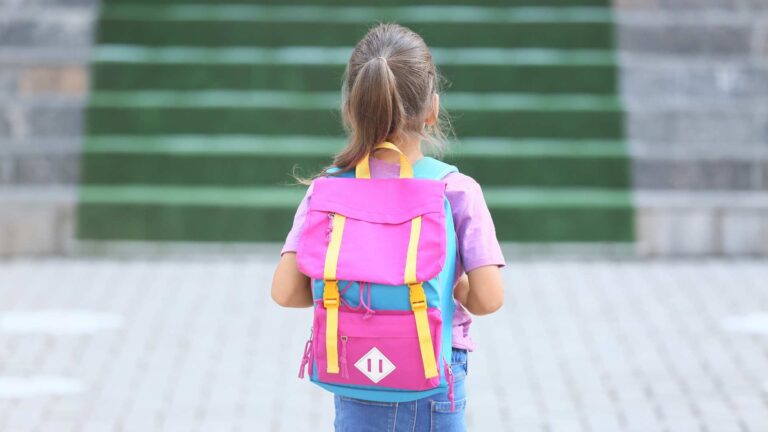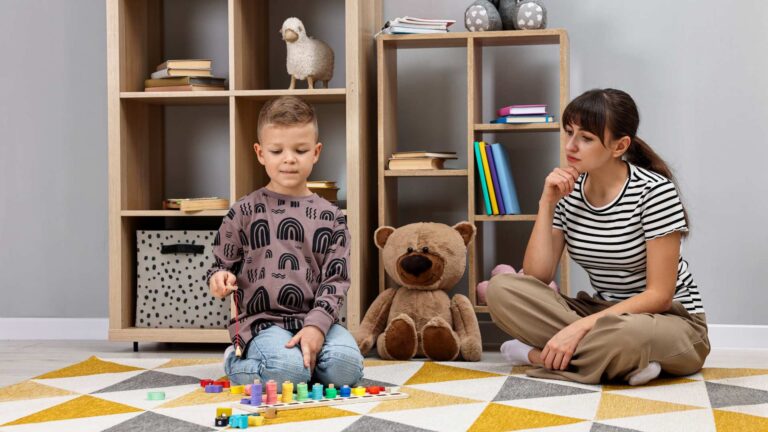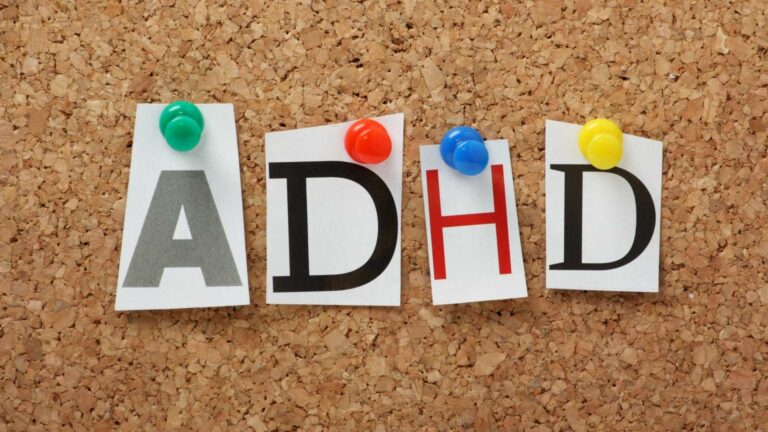Table of Contents
Why does back-to-school give children anxiety?
As the long, warm days of summer begin to wind down, the buzz of a new school year starts to fill the air. For many families, this is a season of anticipation and planning—new backpacks, sharpened pencils, and the excitement of new beginnings. But for children on the spectrum, this transition can bring something entirely different: back-to-school anxiety.
Unlike the typical jitters kids may feel about meeting a new teacher or classmates, school anxiety in children with autism can be more intense, prolonged, and disruptive. The shift from the relaxed, familiar rhythm of summer to the structured environment of school represents a dramatic change, one that can stir uncertainty, stress, and even fear.
If you’re a parent or caregiver of a child with autism, you may already be seeing signs of this anxiety creeping in as the first day of school approaches. But you’re not alone. In this guide from ABA Centers of Rhode Island, we’ll walk you through why school stress affects children with autism so deeply, what signs to look for, and how to make the transition smoother with personalized support.
Why Does Back-to-School Anxiety Happen in Children with Autism?
The start of a new school year can be daunting for any child, but it brings unique challenges for those individuals on the spectrum. Transitions often disrupt the sense of predictability that many autistic children rely on for stability. Even small shifts in routine can cause emotional discomfort, and school re-entry marks a significant upheaval, with new faces, unfamiliar rules, and different expectations.

Children with autism often experience heightened sensitivity to environmental changes, including lights, sounds, and social dynamics. The shift from a home or summer setting to a busy school environment can overstimulate their sensory system and heighten stress.
This sensory overload and unpredictability, combined with communication differences and difficulty expressing complex emotions, creates the perfect storm for anxiety. In fact, the Anxiety & Depression Association of America reports that about 40% of people with ASD struggle with elevated anxiety levels or even one or more anxiety disorders. This statistic really highlights how these intertwined factors create significant hurdles, making it crucial for us to foster understanding and support.
Signs of Back-to-School Anxiety in Children with Autism
Recognizing back-to-school anxiety in your child is the first step to offering support. While every child is unique, common signs include:
- Changes in sleep patterns (difficulty falling or staying asleep)
- Increased irritability or mood swings
- Avoidance of conversations about school
- Repetitive questioning about what school will be like
- Physical symptoms like headaches or stomachaches
- Regression in behaviors (e.g., toileting, independence)
- Heightened sensory sensitivities
Because autism and anxiety often co-occur, it’s essential to differentiate between a temporary response to change and a chronic anxiety issue that may require more focused support.
6 Back-to-School Tips for Parents: Preparing Your Child for School Success

Successful school transitions don’t happen overnight. They require intentional preparation that begins weeks before the first day of school. This preparation helps children with autism build confidence and reduces the shock of sudden routine changes. Here are practical back-to-school tips for parents:
Creating Predictable Routines
Start adjusting your child’s schedule gradually, moving bedtime and wake-up time earlier by 15-minute increments each day. This gentle transition helps their internal clock adjust without the jarring shift of suddenly waking up two hours earlier on the first day of school.
Practice morning routines during the final weeks of summer.
Visual Supports and Social Stories
Social stories are powerful tools to aid children with ASD in understanding what to expect. Write simple, positive stories about your child’s upcoming school experience. Include details about their teacher, classroom, and daily schedule. Use photos, when possible, to make the story more concrete and relatable.
School Familiarization
Most schools welcome families to visit before the start of the school year. Take advantage of these opportunities to explore the building with your child. Walk through their daily route—from the entrance to the classroom to the bathroom and the cafeteria. Take photos during your visit to create a visual map they can review at home.
Communication with School Staff
Effective collaboration with your child’s educational team is crucial for managing school anxiety. Share detailed information about your child’s specific needs, triggers, and successful calming strategies. Don’t assume school staff understand autism or your child’s unique presentation.
Prepare a Comfort Kit
Pack a sensory kit, including fidget tools, headphones, or a favorite item your child can take to school to help them cope with overwhelming situations.
Be Patient
Adjusting may take time. Celebrate small wins and maintain consistent communication with school staff to foster a positive environment.
How ABA Therapy Helps with School Transitions
ABA therapy is a behavioral, evidence-based approach that aims to enhance various skills crucial for navigating real-life situations, such as transitioning back to school. ABA emphasizes the reinforcement of positive behaviors, the development of coping mechanisms, and the reduction of behaviors that may hinder success.
With the guidance of ABA professionals, children can learn to:
- Manage transitions using visual schedules and social stories
- Practice classroom routines in advance (role-playing, practice runs)
- Build communication strategies to express needs or anxiety
- Strengthen executive functioning (organization, flexibility)
- Develop emotional regulation techniques like deep breathing or sensory breaks
For many families, continued ABA therapy sessions throughout the school year provide a consistent foundation for growth and support.
ABA Centers of Rhode Island Provide Year-Round Support
At ABA Centers of Rhode Island, we understand that school anxiety in children with autism is real and complex. That’s why we offer comprehensive services that go beyond therapy sessions. Our year-round support includes school transition plans, parent training, and seasonal events designed to help families stay connected and prepared.
From managing back-to-school anxiety to building skills that support daily independence, our team helps children with autism and their families feel confident and supported.
If you’re preparing your child for school this fall and feeling overwhelmed, reach out to us online or call us at (855) 922-4184. Let’s make this school year one of growth, progress, and new possibilities.









